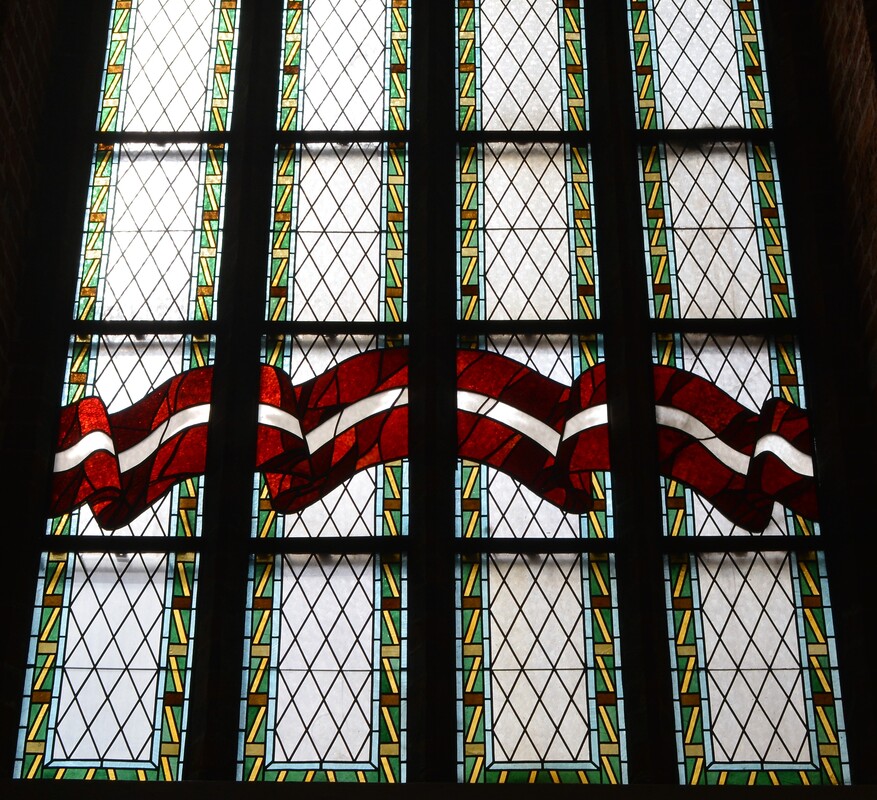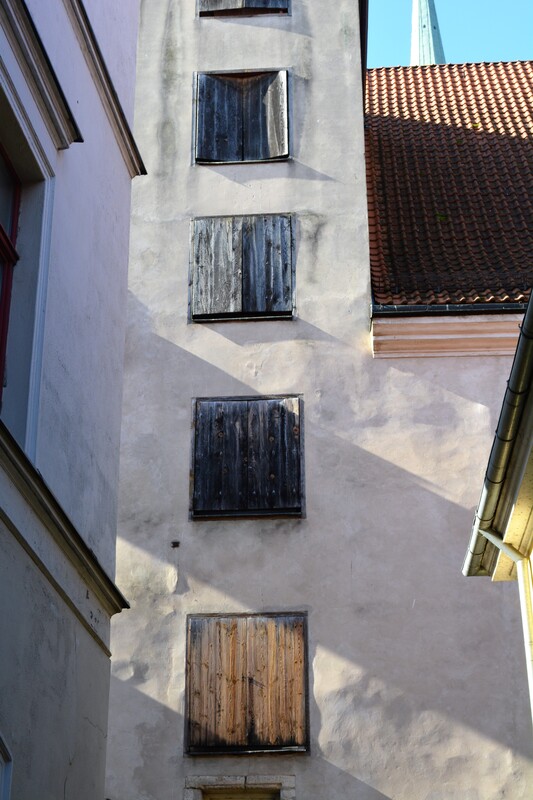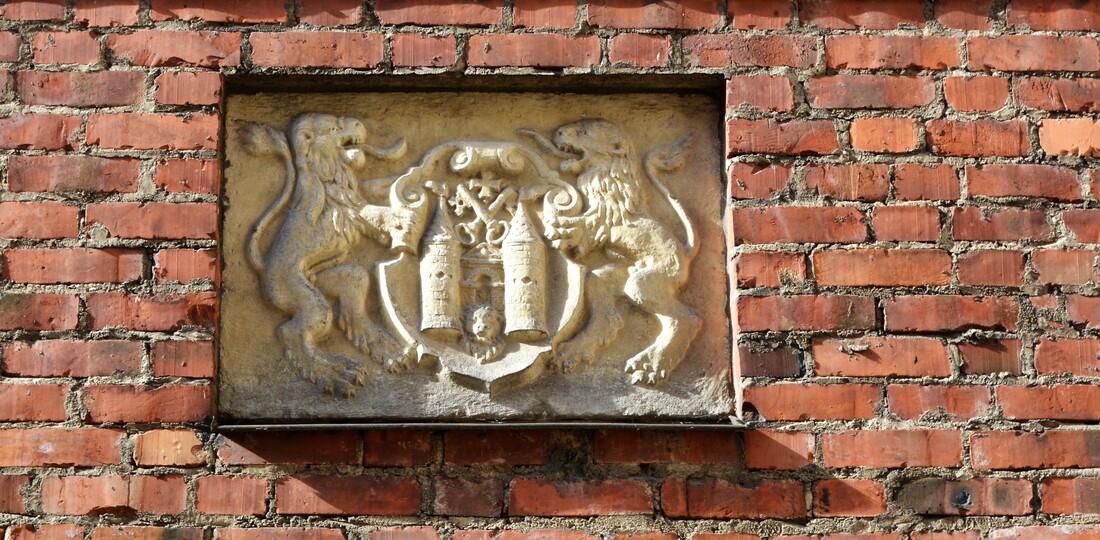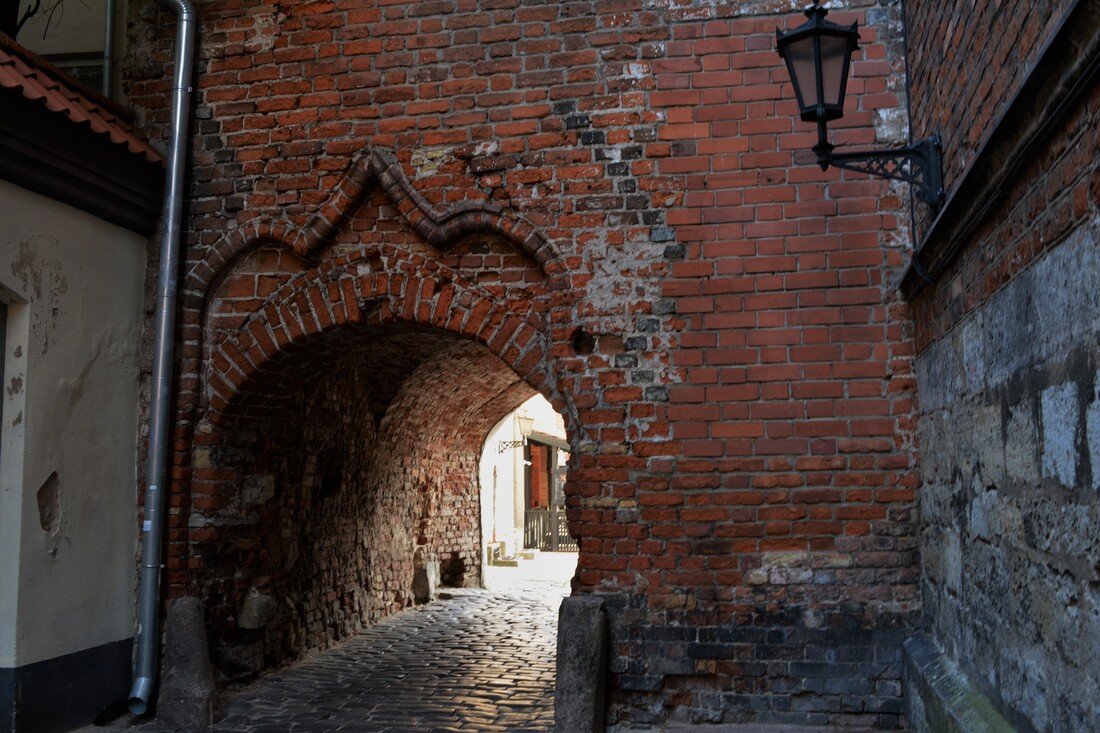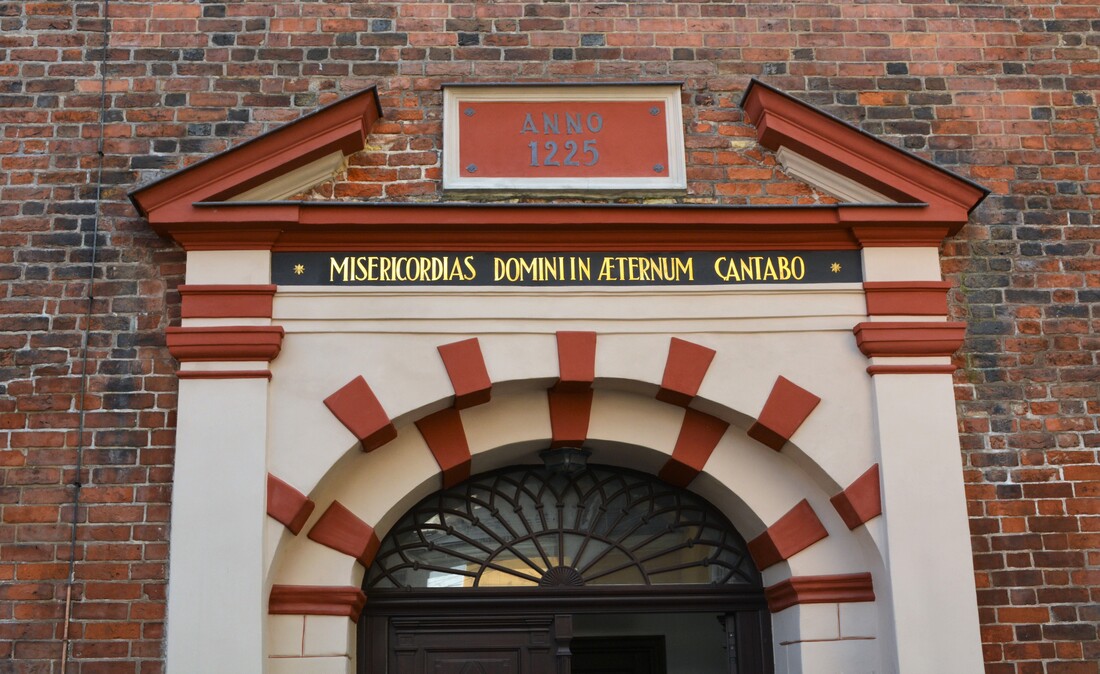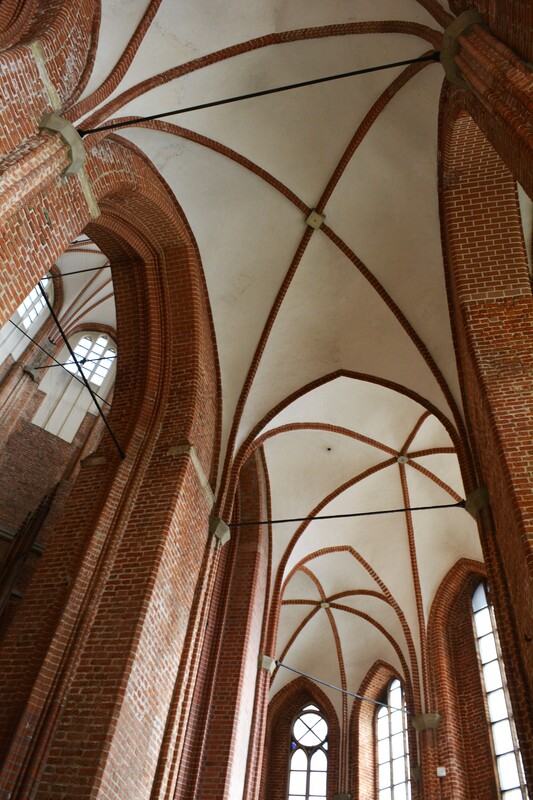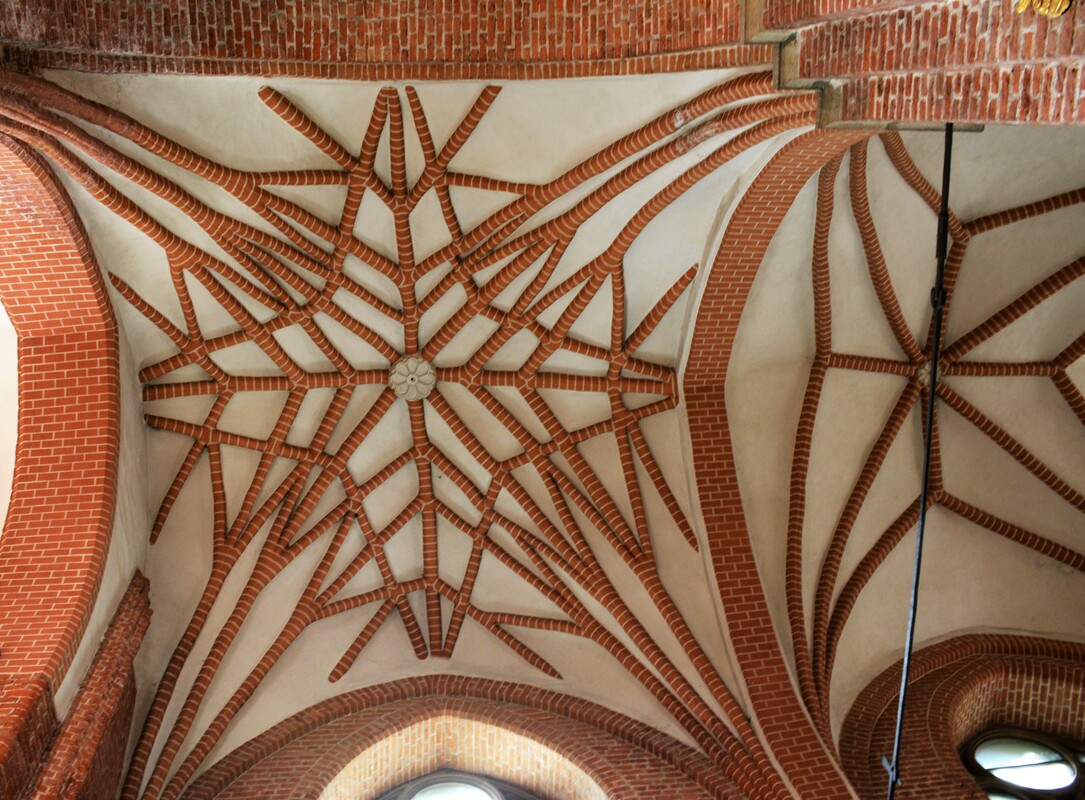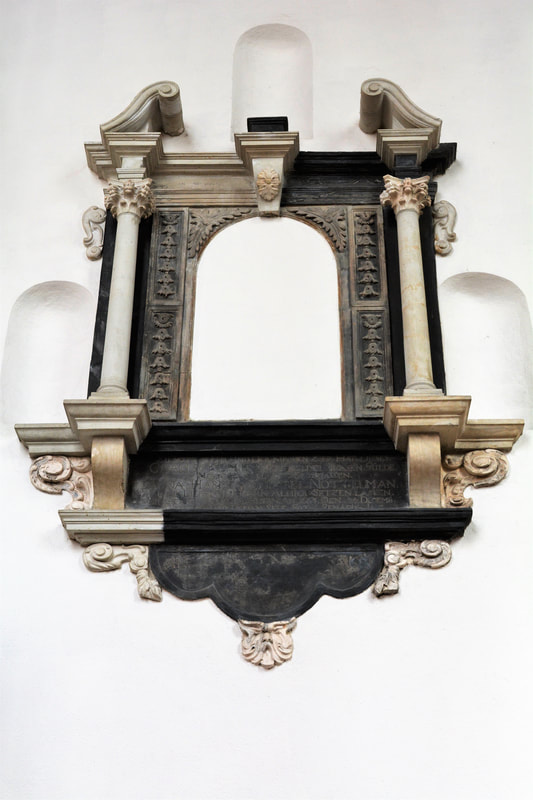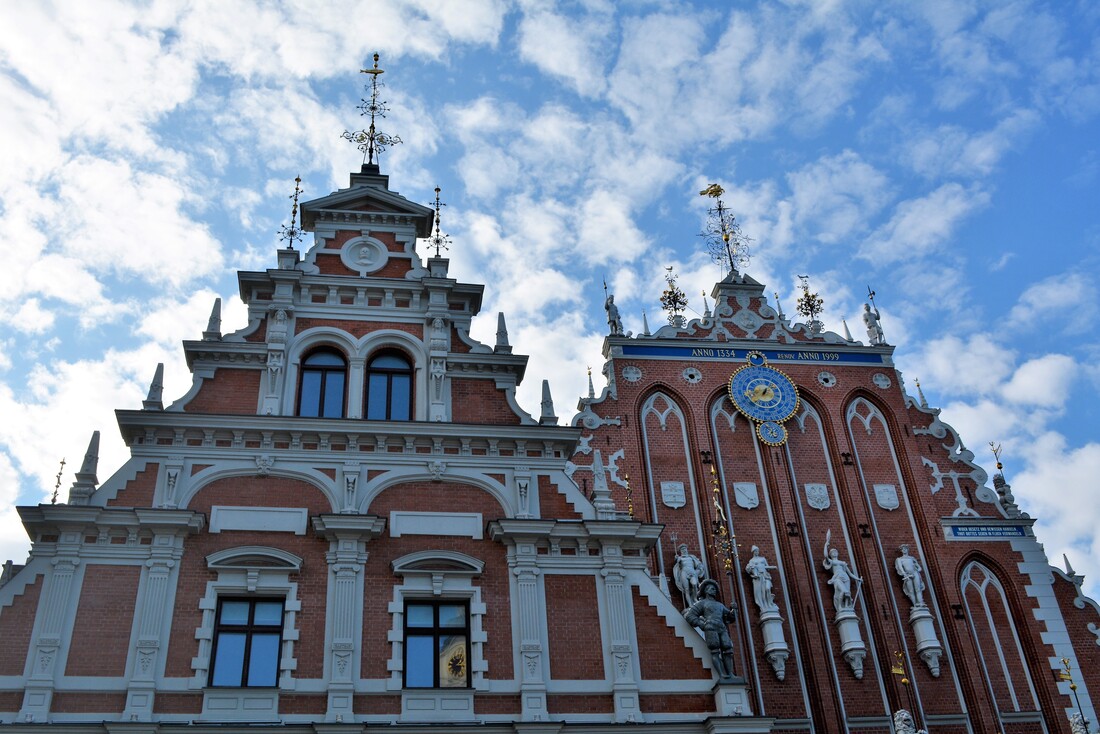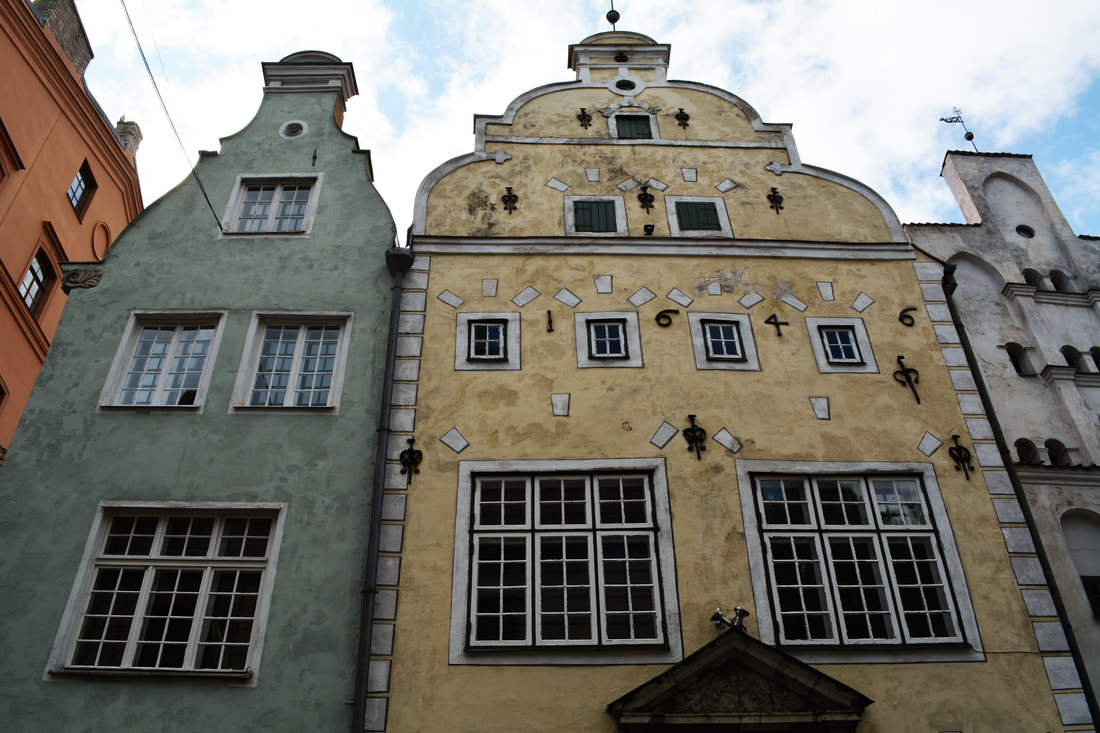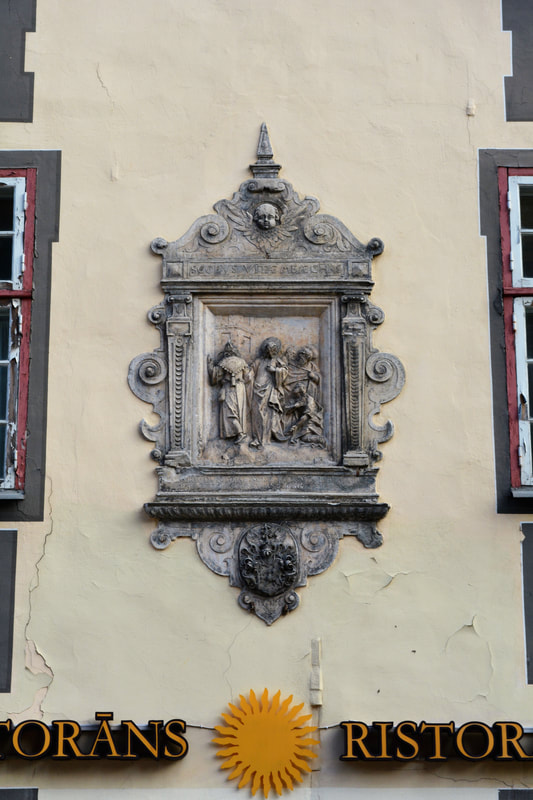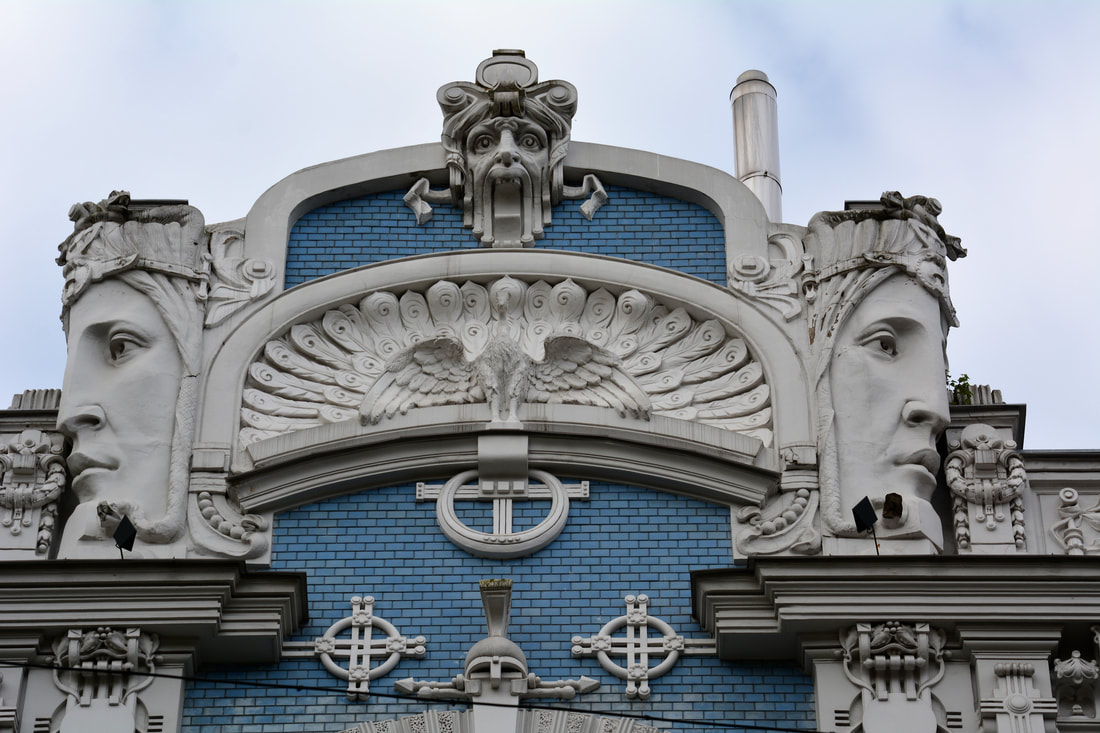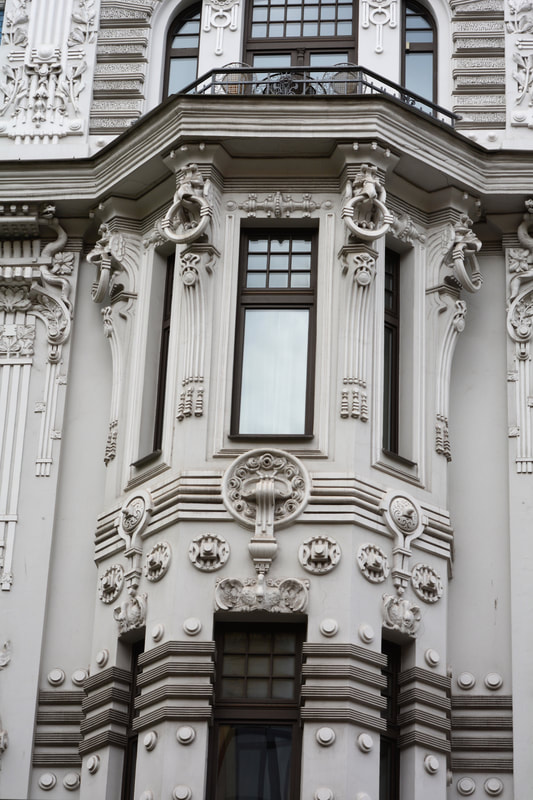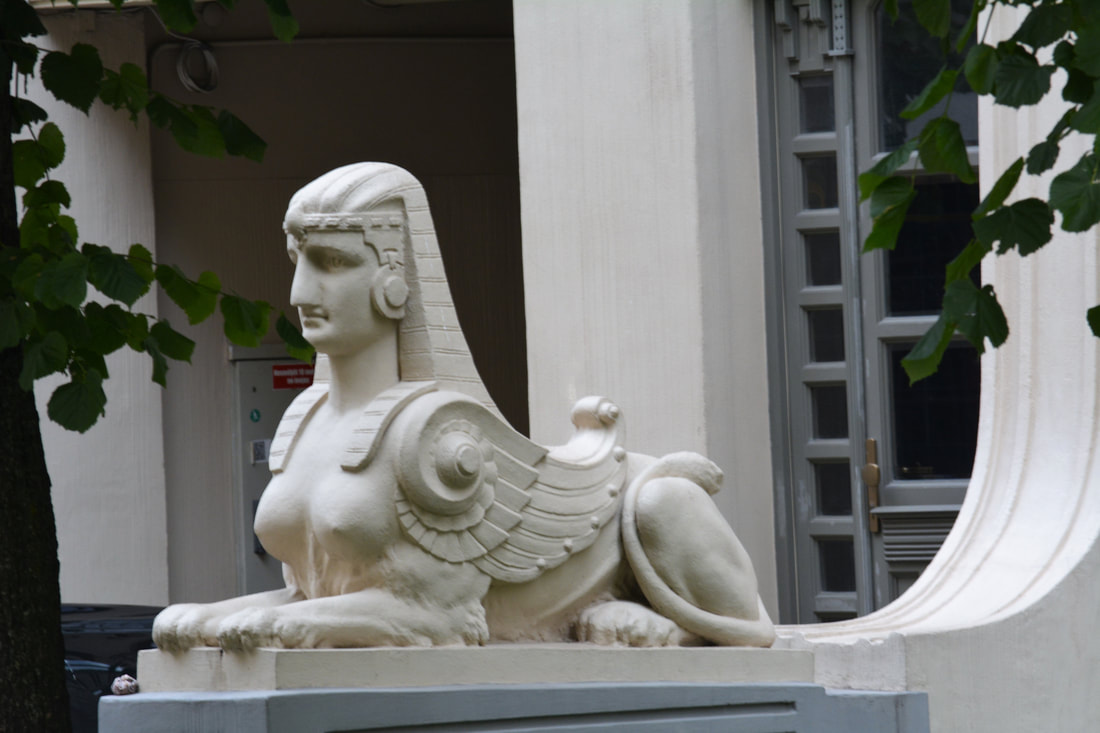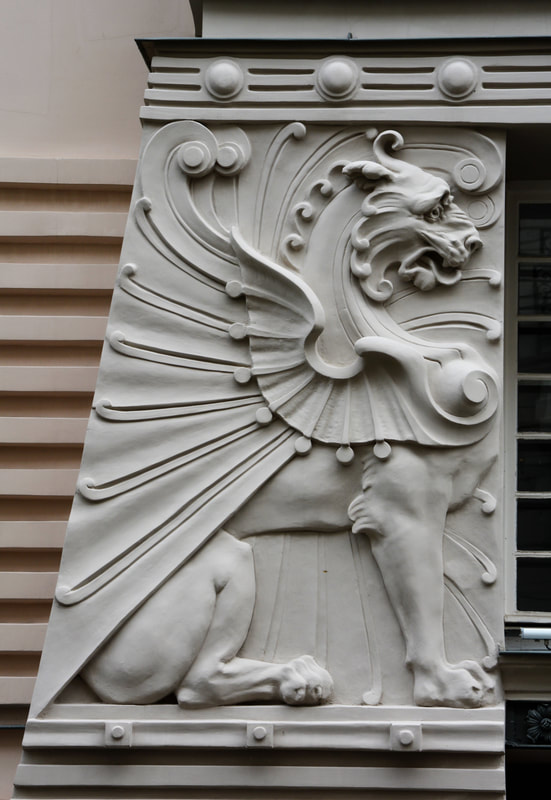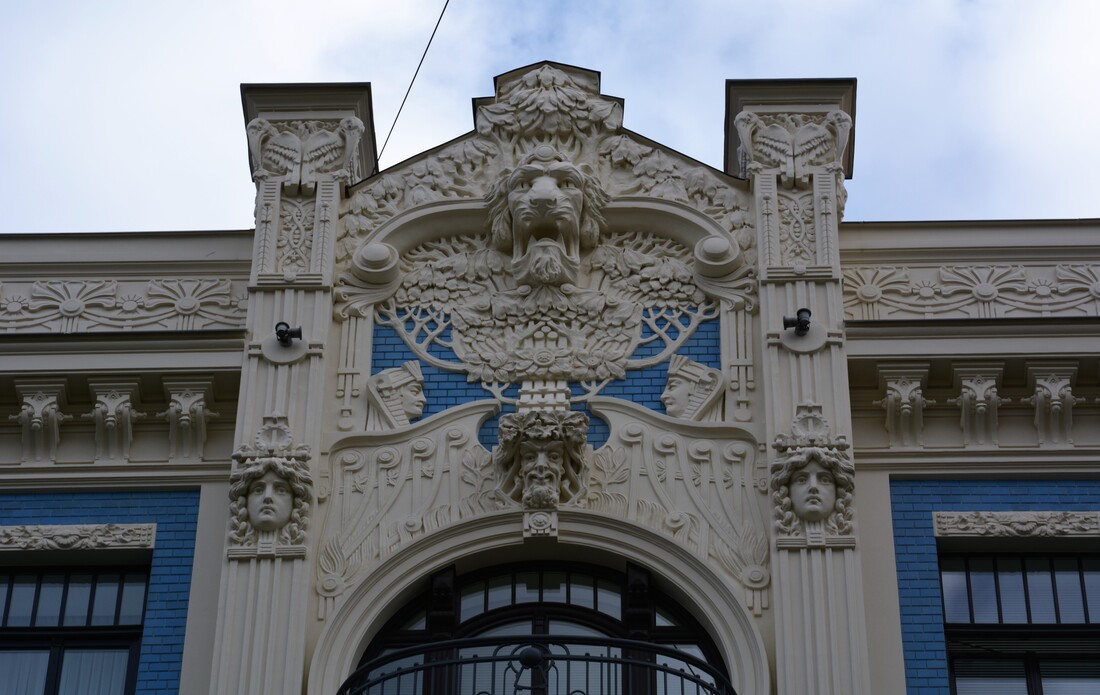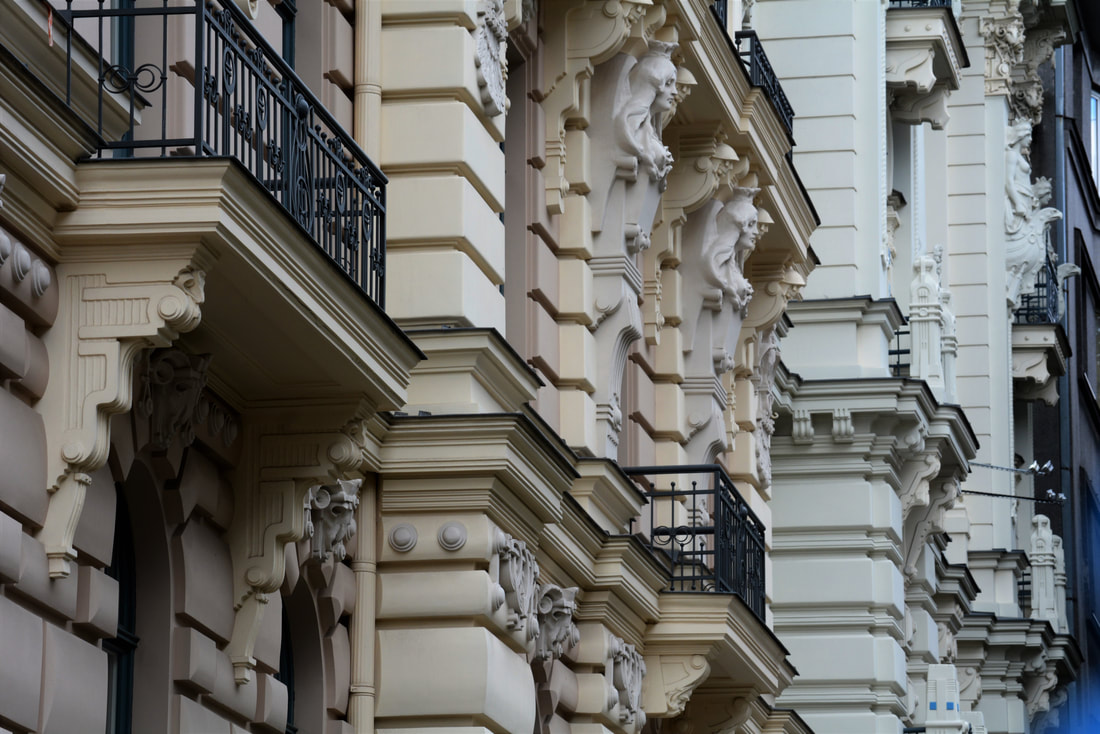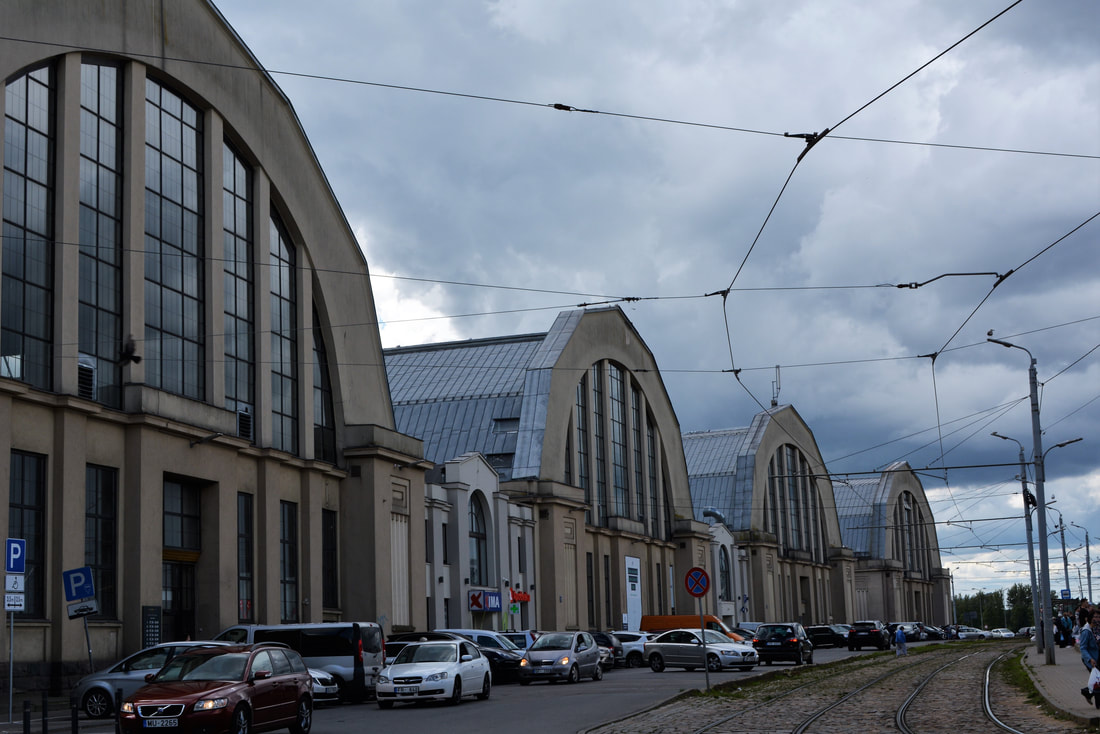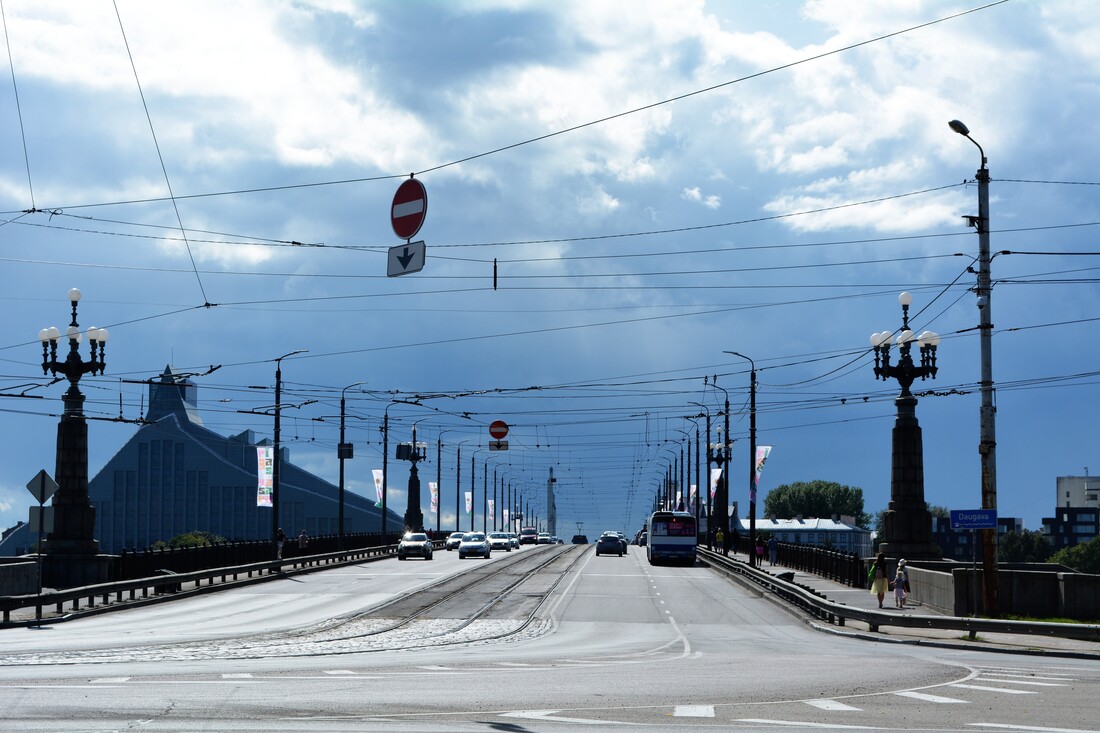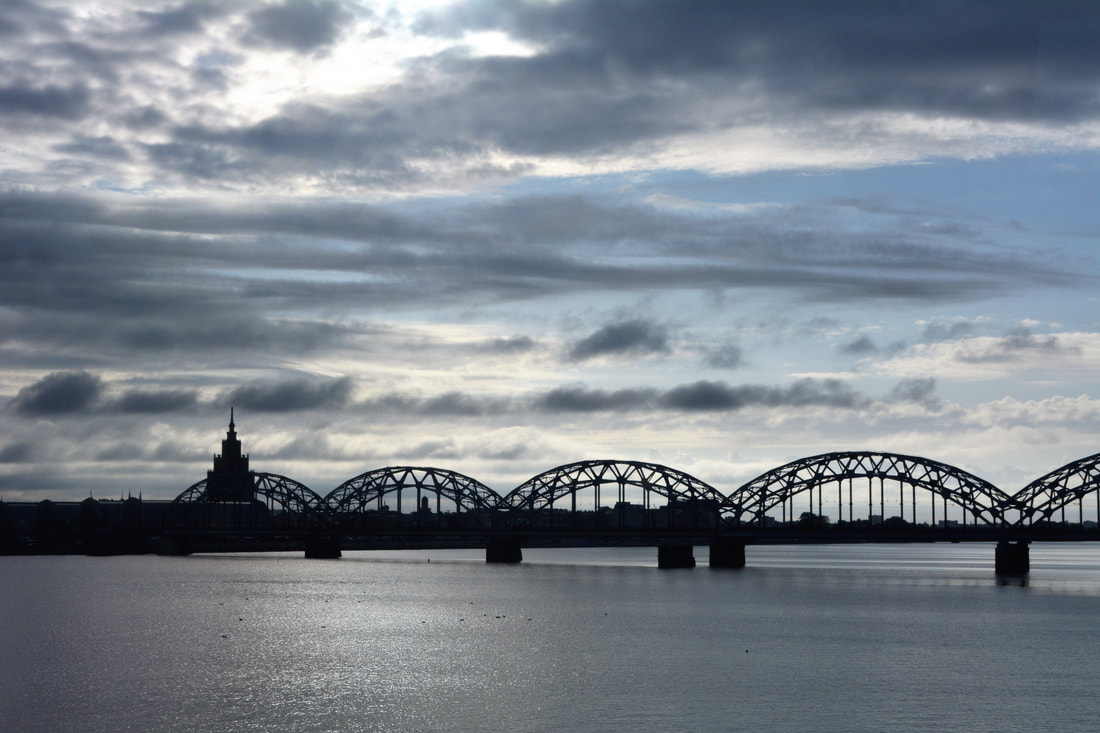what is Latvian literature?
The literatures of the Baltic countries emerged late. The Latvian one is the youngest of them. If by Latvian literature we understand whatever is written in Latvian, a minor language in the Baltic branch of the Indo-European family, thus it has been born essentially in the 19th century. Till that time, Latvian was regarded as a peasant tongue by the dominant Baltic German class; only a few eccentric persons, such as a Lutheran parson Gotthard Friedrich Stender, were interested in it. There were of course different kinds of oral expression circulating among those peasants, yet the Latvian letters truly emerged only after the publication of Songs (1856) by Juris Alunāns (1832-1864), a member of the Latvian National Awakening movement that developed in the 1850s - 1880s.
Another foundational Latvian publication appeared in 1888: Lāčplēsis (The Bear-Slayer) by Andrejs Pumpurs is an epic poem based on folk legends, set during the Livonian Crusades. It opens with the description of the council of the Baltic gods taking place at the palace of Perkons (the god of thunder); the danger of the Christian crusade is discussed, and the gods decide to protect the Latvians. At the same time, a young man is about to be drawn in the river Daugava. Perkons decides to save him and to endow him with a mission. Of course, the youngster is none other than Lāčplēsis; he had already got slain his bear a couple of days earlier. After his feat, he is sent to the castle of Burtnieks to complete his studies; nonetheless, he moves among traitors who are planning to get him drawn in the whirlpool of Staburags (the goddess of the place takes him to her crystal palace in the depths of the river). The epic progresses between love, war, the supernatural (a night in the sunken castle, the dangers of an enchanted island), and the major threat of the Christianisation plotted by the prince Caupo of Turaida with the pope of Rome. The final battle, after fighting against monsters and enchantments, will be thus that against the Germans of bishop Albert. The cultured tournament in which Lāčplēsis is to fight against the Dark Knight contrasts sharply with the secret source of the hero's strength: his animal ears, inherited after his she-bear mother. Those ears are cut, and the two contenders fall into the river Daugava, where they are believed to go on fighting till the present day.
A major catastrophe that interrupted the flourishing of the Latvian culture was the participation of the local elites in the 1905 revolution. The revenge of the tsarist regime was severe, provoking the exile of a large group of writers and intellectuals. On the other hand, against this participation in the destinies of the Russian empire, a major symbolist/decadent playwright, Rainis, defended the idea of Latvian independence, which came true in 1918.
The post-independence period brought a great effervescence of modernist creativity, cut short by the beginning of the ww2 and the mass deportations of 1941 and 1949. Various Latvian writers spend periods of imprisonment in the Gulags. Those who remained in Latvia formed the so-called 56 generation taking the advantage of the relative intellectual freedom after the death of Stalin.
The new era of independence after the collapse of the Soviet Union (1991) brought about the surge of novelists, such as Inga Ābele, often presenting a literary exploration of the country's traumatic past.
Another foundational Latvian publication appeared in 1888: Lāčplēsis (The Bear-Slayer) by Andrejs Pumpurs is an epic poem based on folk legends, set during the Livonian Crusades. It opens with the description of the council of the Baltic gods taking place at the palace of Perkons (the god of thunder); the danger of the Christian crusade is discussed, and the gods decide to protect the Latvians. At the same time, a young man is about to be drawn in the river Daugava. Perkons decides to save him and to endow him with a mission. Of course, the youngster is none other than Lāčplēsis; he had already got slain his bear a couple of days earlier. After his feat, he is sent to the castle of Burtnieks to complete his studies; nonetheless, he moves among traitors who are planning to get him drawn in the whirlpool of Staburags (the goddess of the place takes him to her crystal palace in the depths of the river). The epic progresses between love, war, the supernatural (a night in the sunken castle, the dangers of an enchanted island), and the major threat of the Christianisation plotted by the prince Caupo of Turaida with the pope of Rome. The final battle, after fighting against monsters and enchantments, will be thus that against the Germans of bishop Albert. The cultured tournament in which Lāčplēsis is to fight against the Dark Knight contrasts sharply with the secret source of the hero's strength: his animal ears, inherited after his she-bear mother. Those ears are cut, and the two contenders fall into the river Daugava, where they are believed to go on fighting till the present day.
A major catastrophe that interrupted the flourishing of the Latvian culture was the participation of the local elites in the 1905 revolution. The revenge of the tsarist regime was severe, provoking the exile of a large group of writers and intellectuals. On the other hand, against this participation in the destinies of the Russian empire, a major symbolist/decadent playwright, Rainis, defended the idea of Latvian independence, which came true in 1918.
The post-independence period brought a great effervescence of modernist creativity, cut short by the beginning of the ww2 and the mass deportations of 1941 and 1949. Various Latvian writers spend periods of imprisonment in the Gulags. Those who remained in Latvia formed the so-called 56 generation taking the advantage of the relative intellectual freedom after the death of Stalin.
The new era of independence after the collapse of the Soviet Union (1991) brought about the surge of novelists, such as Inga Ābele, often presenting a literary exploration of the country's traumatic past.
I have readInga Ābele, Duna | The Year the River Froze Twice (2017)
To read: Anna Lācis |
Vertical Divider
|
I have written... nothing ...
|
my travel to Latvia |
|
Vertical Divider
|
August 2021.
I used to think about going there for years when I was living in Poland. Relatively close, and yet so exotic, and strangely invisible. I endlessly postponed the travel; other destinations always seemed to attract me more. Latvia seemed a sort of void, blending with the remaining Baltic countries. Why are they three, instead of one? Well, now I know the answer. Each of them participates in a separate cultural area. Lithuania is related to Poland, and to Eastern Europe. Latvia is a Hanseatic, maritime outpost, its capital resembles little Amsterdam immersed in a forest of pine and beech. Estonia is swampy and almost Scandinavian, close to Finland, at least by its language and what might roughly and imprecisely be called its ethnic origins. In Latvia's past, there was a bishop by the name of Albert, and the Livonian Brothers of the Sword. They were Germans and, even if they were hardly ever more than just a hundred, they connected the country to trans-Baltic, West European contexts. This is how I explain things to myself. I felt so much like in Amsterdam that I happened to say "dank u wel", two or three times, to people bringing me food and local beers. Especially since Riga seems to reinvent itself as a place of very similar kind of tourism (at a competitive price). I imagined Latvia as a mysterious place at the frontier of the world, facing Russia, the deep East, the deep North. Swampy, full of mists, and scarcely populated. In fact, the country is full of forests, in many places reaching the sea directly, without any interval of dunes or beaches. I had constantly those Livonian knights in front of my eyes, penetrating Europe's primordial forest. And in a company of less than a hundred, barely tens of them, ready to launch a country's history. I imagine they succeeded because the place was so lonely. The present-day Republic of Latvia gained its independence in 1918, after centuries of German, Swedish, Polish-Lithuanian, and Russian rule. Shortly speaking, one of those "peoples without history", in the original assertion of the expression as it was coined by Marx. Yes, we had been one country once, but it was in the Middle Ages, and it is very difficult to know anything about Latvia in Poland. Even about Lithuania. There are histories that fell apart long ago in this part of the world. Recovered independencies of 1918 were lived in rather hostile indifference. They were Baltic Germans much more than us. In 1934, the autocratic regime of Kārlis Ulmanis was established, soon interrupted by the incorporation of the country into the Soviet Union at the beginning of the ww2. In 1941, there was a Nazi occupation; the Germans must have felt so much at home in this part of Europe that they built solidly; the hangars they constructed for their zeppelins still serve as Riga's bazar halls today. But in 1944, there was a re-occupation by the Soviet Union again, where Latvia remained for the next 45 years. The independence movement started with the so-called Singing Revolution in 1987, and led to 1991 independence. Finally, in 2004, Latvia joined NATO and the European Union, and lived happily ever after. |
